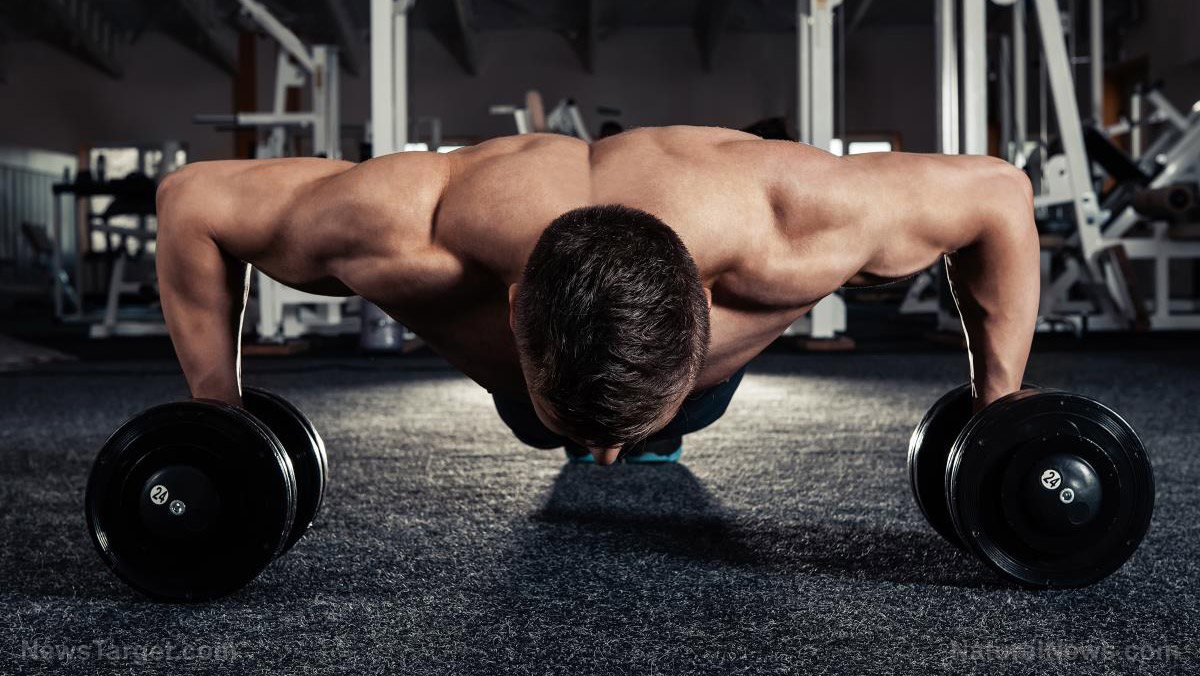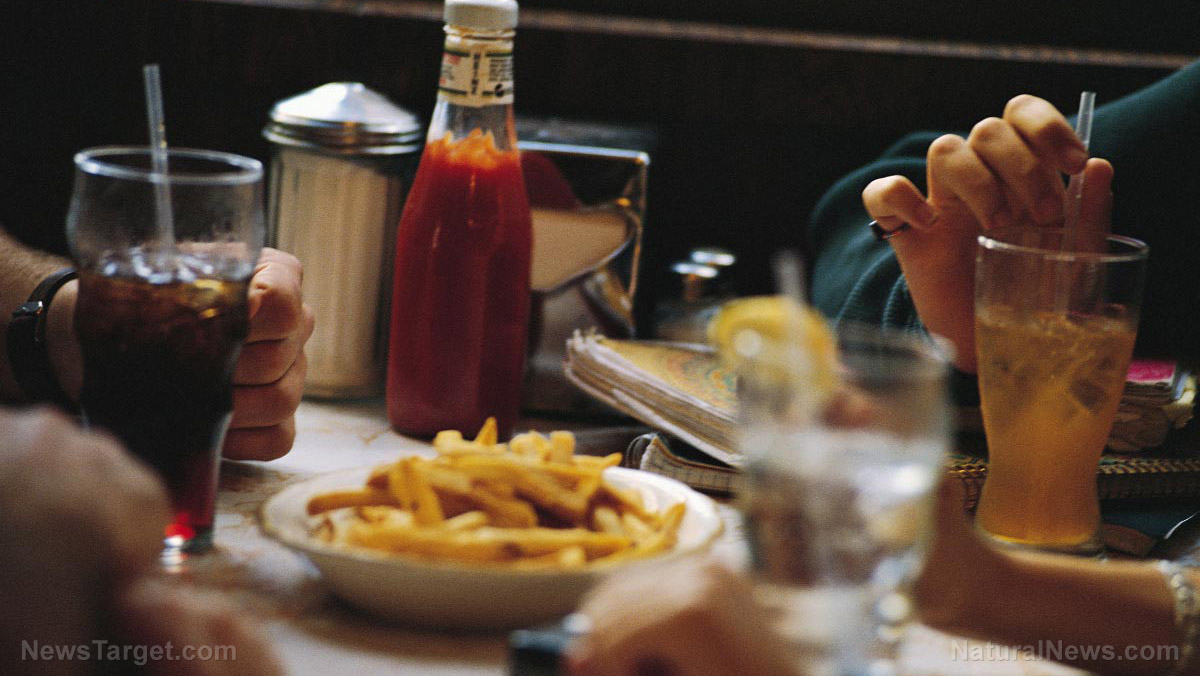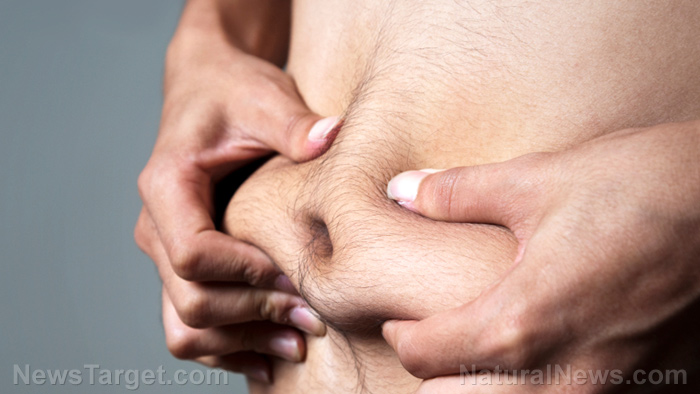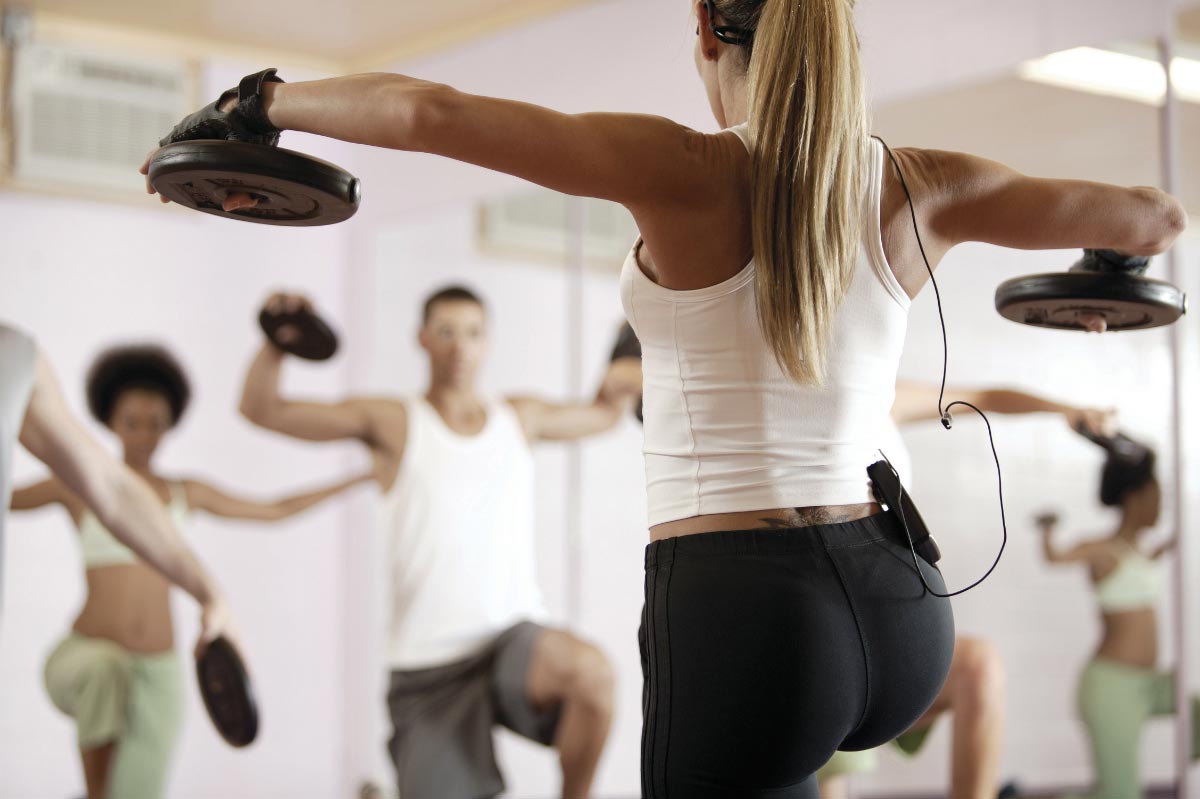What you should and should not eat before and after a workout
06/05/2018 / By Ralph Flores

One of the most common misconceptions people have with working out is that it’s focused on the activities that you’ll be doing when you hit the gym. However, what most people don’t realize is that preparing for a workout starts with what they put in their bodies before and after one. In an article in Self.com, registered dietitian Jessica Jones sheds some light on food items that will help a person prepare for a grueling exercise and how to recover from it.
What to eat before working out
According to Jones, a person should always eat before heading to the gym as this allows them to make the most of their workout. People who skip meals before working out can end up feeling dizzy, lightheaded, and even lethargic. They are also more prone to injure themselves during exercise. It’s also important to keep yourself hydrated before, during, and after working out.
- Carbohydrates, if taken before working out, can provide the body with much-needed fuel to exercise at peak efficiency. When a person eats carbohydrates, these are converted into glycogen in the muscle, which gives it the capacity to work. Some recommended food items to fuel up include oatmeal, Greek yogurt, a piece of fruit, or a piece of toast.
- Proteins are essential for people who plan to do weight training in their routine. Strength-training exercises create microtears in the muscle fibers, which the body repairs to become stronger and bigger than before. For that to happen, however, the body needs protein to support muscle growth. If you’re aiming to build those guns – nuts, turkey slices, a hardboiled egg, and soy milk are the food items that you need.
- Staying hydrated, of course, is a must even before you start going to the gym. This reduces the risk of dehydration while you’re working out, and reduces the onset of muscle cramps, spasms, and reduced energy. However, drinking too much water is a bad thing as well – the magic number, according to Jones, is a cup of water for every 15 to 30 minutes of intense physical activity, especially if it causes you to sweat a lot.
Mother Nature's micronutrient secret: Organic Broccoli Sprout Capsules now available, delivering 280mg of high-density nutrition, including the extraordinary "sulforaphane" and "glucosinolate" nutrients found only in cruciferous healing foods. Every lot laboratory tested. See availability here.
As for what time should a person eat, anywhere from 30 minutes to three hours before working out is ideal. This ensures that your body isn’t still digesting once you start working out, but it hasn’t used up all its energy reserves yet. If you’re working out early in the morning, Jones suggests eating a small snack 30 minutes to an hour before working out. However, if it’s later in the day, get at least a 150-calorie snack at least 30 minutes before working out. Full meals, on the other hand, need a good two to three hours to digest before working out.
How to eat after a workout
“You need to eat after a workout,” Jones points out.
This is to ensure that the calories that you consumed during the workout are adequately replaced. Glycogen, for example, needs to be restored after intense aerobic activity, and eating proteins can help the muscles recover quickly, especially after weight training. In addition, food replenishes electrolytes – minerals that nerves need to function properly – that were lost while you were sweating.
Some people tend to skip meals after going to the gym, a move that Jones discourages. “When you don’t eat after a workout, you can end up fatigued and battling low blood sugar,” she writes. This also slows down the repair process of the body, making it that much harder to achieve your fitness goals.
- Eating after a workout refuels the body; thus, it’s ideal to eat at least 30 minutes after working out. If you can’t eat a full meal right away, try to have a snack at least 20 minutes after, then get a full meal afterward.
- Carbohydrates and protein should be the primary components of your post-workout meal. Complex carbohydrates include quinoa, brown rice, and nuts; while healthy proteins are made up of tofu, beans, and fish. Athletes who have just completed intense weight training may need more protein to build more muscle.
- Don’t overcompensate your post-workout snacks. It can be easy to lose track of what you’re eating after going to the gym, but try to keep post-workout meals under 500 calories.
- Rehydrate, again. You’ve lost a lot of fluid while you were working out, so it’s important you restore it to prevent dehydration.
Of course, these are only some of the basics that you need to cover before and after you hit the gym. This ensures that you get the best out of your workout. Not that you wouldn’t want to get the most out of your workout – studies have shown that regular exercise can make a person feel happier and reduce chronic disease. (Related: A workout a day keeps dementia away.)
Learn more workout and fitness tips at Slender.news.
Sources include:
Tagged Under: aerobic activity, calories, carbohydrates, diet, exercise routine, fitness routine, full meal, intense workout, physical exercise, post-workout meals, Proteins, rehydrate, skipping meals, Snacking, workout meals, workout routine



















